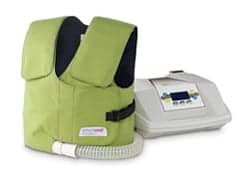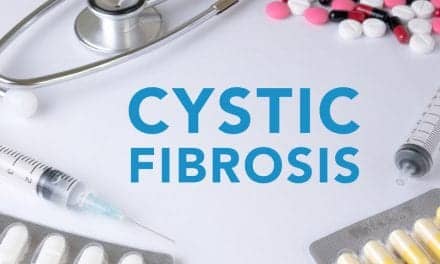Researchers led by Justin Hanes, professor of chemical and biomolecular engineering at Johns Hopkins University, have created biodegradable nanosized particles that can easily slip through mucus secretions to deliver sustained-release medication. According to Pamela Zeitlan, a cystic fibrosis expert who collaborated with Hanes, the nanoparticles could be the best way to deliver medication to patients with cystic fibrosis, which is characterized by thick, sticky mucus.
“Cystic fibrosis mucus is notoriously thick and sticky and represents a huge barrier to aerosolized drug delivery,” said Zietlin, a professor of pediatrics at the Johns Hopkins School of Medicine and director of pediatric pulmonary medicine at the university’s children’s center. “In our study, the nanoparicles were engineered to travel through cystic fibrosis mucus at much greater velocity than ever before … improving drug delivery.
In earlier studies, Hanes and colleagues demonstrated that latex particles coated with polyethylene glycol could get past mucus; but latex is not a good delivery mechanism, because it is not broken down by the body. The current study used new particles that biodegraded into harmless compounds, while, at the same time, delivering sustained-release medication.
Hanes stated that the new particles could transport a wide range of therapeutic molecules such as chemotherapeutics and steroids and even proteins and nucleic acids, something not possible previously.
Beyond treating cystic fibrosis and other lung diseases, the particles could be used to carry life-saving drugs to patients suffering from many other conditions, including eye disease, gastrointestinal disease, and female reproductive tract diseases.
Source: EurekAlert.









